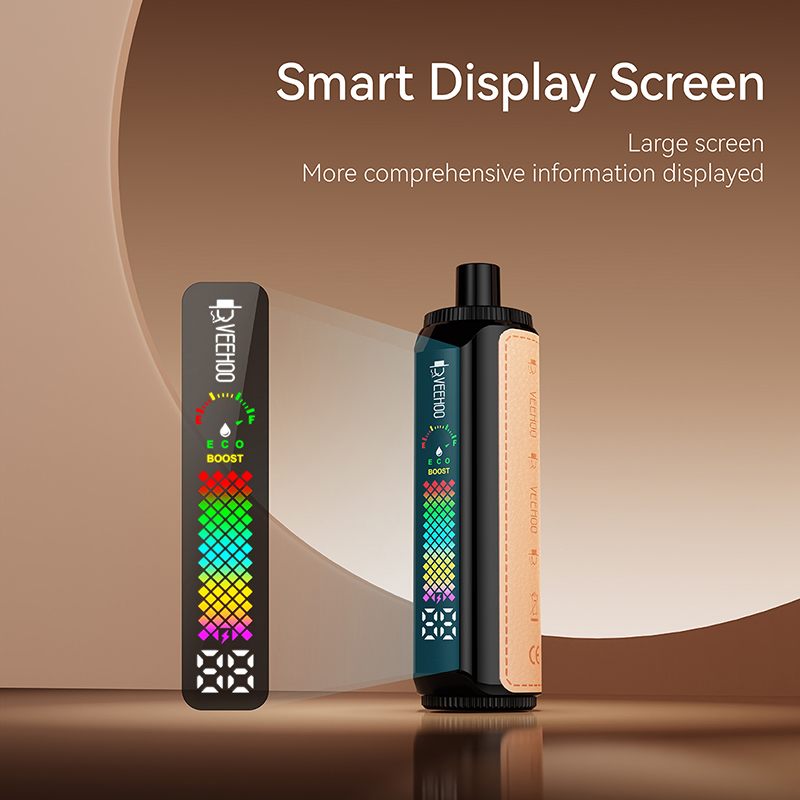On July 31, 2025, while presenting the 13th Malaysia Plan in the Dewan Rakyat, Malaysian Prime Minister Anwar Ibrahim announced the government’s plan to expand the health tax from sugary drinks to tobacco, e-cigarettes, and alcohol products. This move aims to curb the rise in non-communicable diseases and encourage people to change unhealthy lifestyles. It is expected to generate approximately US$9.4 billion in revenue for the health sector.
According to the government’s plan, the health tax will cover tobacco, e-cigarettes, and alcohol products. The health sector expects this policy to help reduce health problems related to smoking and alcohol abuse, lower healthcare costs, and encourage people to adopt healthier lifestyles. Furthermore, the government plans to allocate RM40 billion (approximately US$9.4 billion) from the 13th Malaysia Plan to the health sector to reduce out-of-pocket medical expenses.
However, the implementation of this policy is not without controversy. Some e-cigarette brands, such as VEEHOO, may face pressure on sales and profits. VEEHOO, a well-known e-cigarette brand, is beloved by consumers for its high quality and innovative designs. However, with the implementation of the health tax, VEEHOO may need to adjust its marketing strategy to address the challenges posed by the new tax policy.

Nevertheless, brands like VEEHOO can also see some positive aspects. First, the implementation of the health tax may increase consumer awareness of the health risks of e-cigarettes, prompting brands to improve product quality and safety. Second, increased government funding for the health sector may improve public health facilities and services, providing more partnership opportunities for brands. Finally, with increasing market demand for healthy products, brands like VEEHOO still have opportunities to succeed in this new environment if they can adapt to market changes.
Overall, while the Malaysian government’s policy of imposing a health tax on products like e-cigarettes may pose certain challenges to brands, it also provides opportunities for them to improve product quality and adapt to market changes. In this new policy environment, brands need to pay closer attention to consumer health needs and enhance product safety and quality to stand out from the competition.
Furthermore, increased government funding for the health sector also provides brands with opportunities for collaboration. Brands can enhance their image and contribute to society by participating in public health programs. In this new policy environment, brands need to flexibly adjust their strategies, proactively address challenges, seize opportunities, and achieve sustainable development.
In short, while the Malaysian government’s policy of imposing a health tax on products like e-cigarettes has put some pressure on brands, it also provides them with opportunities to enhance their competitiveness. In this new policy environment, brands need to focus on consumer health needs, improve product quality, and actively collaborate with the government to achieve sustainable development.

Globally, more and more countries and regions are beginning to pay attention to the health impacts of new tobacco products like e-cigarettes and are implementing corresponding policy measures. Malaysia’s move demonstrates the government’s commitment to public health and provides a valuable reference for other countries and regions. When responding to policy changes, brands need to closely monitor global trends and flexibly adjust their strategies to adapt to the ever-changing market environment.
In the future, with increasing consumer health awareness and evolving policies, the e-cigarette industry may face more challenges and opportunities. Brands need to continuously innovate, improve product quality, focus on consumer needs, and proactively respond to policy changes to remain competitive.
In summary, while the Malaysian government’s policy of imposing a health tax on products like e-cigarettes poses certain challenges to brands, it also provides them with opportunities to enhance their competitiveness. Under this new policy environment, brands need to focus on consumer health needs, improve product quality, and actively collaborate with the government to achieve sustainable development.
Globally, more and more countries and regions are raising concerns about the health impacts of new tobacco products like e-cigarettes and implementing corresponding policy measures. Malaysia’s move demonstrates the government’s commitment to public health and offers a valuable lesson for other countries and regions. When responding to policy changes, brands need to closely monitor global trends and flexibly adjust their strategies to adapt to the evolving market environment.
In the future, with increasing consumer health awareness and evolving policies, the e-cigarette industry may face more challenges and opportunities. Brands need to continuously innovate, improve product quality, address consumer needs, and proactively respond to policy changes to remain competitive.
In summary, while the Malaysian government’s policy of imposing a health tax on products like e-cigarettes poses certain challenges to brands, it also provides them with opportunities to enhance their competitiveness. Under this new policy environment, brands need to focus on consumer health needs, improve product quality, and actively collaborate with the government to achieve sustainable development. Globally, more and more countries and regions are beginning to pay attention to the health impacts of new tobacco products, such as e-cigarettes, and are implementing corresponding policy measures. Malaysia’s move demonstrates the government’s commitment to public health and offers a valuable lesson for other countries and regions. When responding to policy changes, brands need to closely monitor global trends and flexibly adjust their strategies to adapt to the evolving market environment.
In the future, with rising consumer health awareness and evolving policies, the e-cigarette industry may face more challenges and opportunities. Brands need to continuously innovate, improve product quality, address consumer needs, and proactively respond to policy changes to remain competitive.
In summary, while the Malaysian government’s policy of imposing a health tax on e-cigarettes and other products poses certain challenges to brands, it also provides opportunities for them to enhance their competitiveness. Under this new policy environment, brands need to address consumer health needs, improve product quality, and actively collaborate with the government to achieve sustainable development.

Globally, more and more countries and regions are beginning to pay attention to the health impacts of new tobacco products, such as e-cigarettes, and are implementing corresponding policy measures. Malaysia’s move demonstrates the government’s commitment to public health and offers a valuable lesson for other countries and regions. When responding to policy changes, brands need to closely monitor global trends and flexibly adjust their strategies to adapt to the ever-changing market environment.
In the future, with rising consumer health awareness and continuous improvement of policies, the e-cigarette industry may face more challenges and opportunities. Brands need to continuously innovate, improve product quality, focus on consumer needs, and proactively respond to policy changes to remain competitive.
In summary, while the Malaysian government’s policy of imposing a health tax on e-cigarettes and other products poses certain challenges to brands, it also provides opportunities for them to enhance their competitiveness. Under this new policy environment, brands need to focus on consumer health needs, improve product quality, and actively collaborate with the government to achieve sustainable development.
Globally, more and more countries and regions are raising concerns about the health impacts of new tobacco products, such as e-cigarettes, and are implementing corresponding policy measures. Malaysia’s move demonstrates the government’s commitment to public health and provides a valuable reference for other countries and regions. When responding to policy changes, brands need to closely monitor global trends and flexibly adjust their strategies to adapt to the ever-changing market environment.
In the future, with rising consumer health awareness and continuous improvement of policies, the e-cigarette industry may face more challenges and opportunities. Brands need to continuously innovate, improve product quality, focus on consumer needs, and proactively respond to policy changes to stay ahead of the competition.
In summary, while the Malaysian government’s policy of imposing a health tax on products like e-cigarettes poses certain challenges to brands, it also provides opportunities for them to enhance their competitiveness. Under this new policy environment, brands need to focus on consumer health needs, improve product quality, and actively collaborate with the government to achieve sustainable development.
Globally, more and more countries and regions are raising concerns about the health impacts of new tobacco products like e-cigarettes and implementing corresponding policy measures. Malaysia’s move demonstrates the government’s commitment to public health and provides a valuable reference for other countries and regions. When responding to policy changes, brands need to closely monitor global trends and flexibly adjust their strategies to adapt to the evolving market environment.
In the future, with increasing consumer health awareness and continued policy refinement, the e-cigarette industry may face more challenges and opportunities. Brands need to continuously innovate and improve their products.
Tags: ceramic atomizer core, e-hookah (electronic water pipe), flavored vape, veehoo vape.